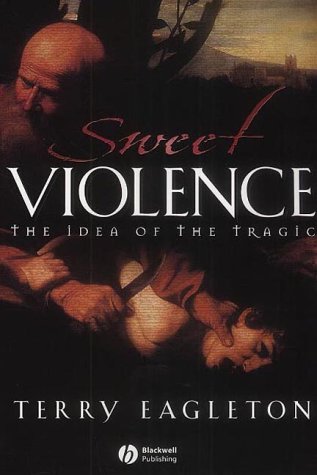Terry Eagleton provides a comprehensive study of tragedy, all the way from Aeschylus to Edward Albee, dealing with both theory and practice, and moving between ideas of tragedy and analyses of particular works and authors. This amazing tour-de-force steps out beyond the stage to reflect not only on tragic art but also on real-life tragedy. It explores the idea of the tragic in the novel, examining such writers as Melville, Hawthorne, Stendhal, Tolstoy, Flaubert, Dostoevsky, Kafka, Manzoni, Goethe and Mann, as well as English novelists. With his characteristic brilliance and inventiveness of mind, Eagleton weaves together literature, philosophy, ethics, theology, and political theory. In so doing he makes a major political - philosophical statement drawn from a startling range of Western thought, in the writings of Plato, St Paul, St Augustine, Descartes, Pascal, Spinoza, Hume, Kant, Hegel, Kierkegaard, Nietzsche, Schopenhauer, Sartre and others. This book takes serious issue with the idea of 'the death of tragedy', and gives a comprehensive survey of definitions of tragedy itself, arguing a radical and controversial case.
It examines such notions as justice, death, suffering, the demonic, sado-masochism, heroism, sacrifice, freedom, determinism, and modernity. Most dramatically, it looks in a new light at why tragedy gives pleasure, and explores the reasons it has so often been seen as an affirmative mode, in a way that suppresses the wretchedness and suffering it involves.
- ISBN10 0631233598
- ISBN13 9780631233596
- Publish Date 22 August 2002
- Publish Status Out of Print
- Out of Print 21 May 2004
- Publish Country GB
- Publisher John Wiley and Sons Ltd
- Imprint Blackwell Publishers
- Format Hardcover
- Pages 352
- Language English
